Related Research Articles

Secular humanism is a philosophy, belief system or life stance that embraces human reason, secular ethics, and philosophical naturalism while specifically rejecting religious dogma, supernaturalism, and superstition as the basis of morality and decision making.

Religious humanism or ethical humanism is an integration of non-theistic humanist ethical philosophy with congregational rites and community activity which center on human needs, interests, and abilities. Self-described religious humanists differ from secular humanists mainly in that they regard the non-theistic humanist life stance as their religion while organizing with a congregational model. Religious humanism is sometimes referred to as non-theistic religion or congregational humanism.

Sir Julian Sorell Huxley was an English evolutionary biologist, eugenicist, and internationalist. He was a proponent of natural selection, and a leading figure in the mid-twentieth century modern synthesis. He was secretary of the Zoological Society of London (1935–1942), the first Director of UNESCO, a founding member of the World Wildlife Fund, the president of the British Eugenics Society (1959-1962), and the first President of the British Humanist Association.
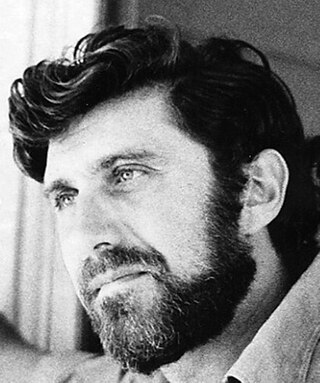
Elliot Aronson is an American psychologist who has carried out experiments on the theory of cognitive dissonance, and invented the Jigsaw Classroom, a cooperative teaching technique which facilitates learning while reducing interethnic hostility and prejudice. In his 1972 social psychology textbook, The Social Animal, he stated Aronson's First Law: "People who do crazy things are not necessarily crazy," thus asserting the importance of situational factors in bizarre behavior. He is the only person in the 120-year history of the American Psychological Association to have won all three of its major awards: for writing, for teaching, and for research. In 2007 he received the William James Award for Lifetime Achievement from the Association for Psychological Science, in which he was cited as the scientist who "fundamentally changed the way we look at everyday life.” A Review of General Psychology survey, published in 2002, ranked Aronson as the 78th most cited psychologist of the 20th century. He officially retired in 1994 but continues to teach and write.
Michael Lou Martin was an American philosopher and former professor at Boston University. Martin specialized in the philosophy of religion, although he also worked on the philosophies of science, law, and social science. He served with the US Marine Corps in Korea.
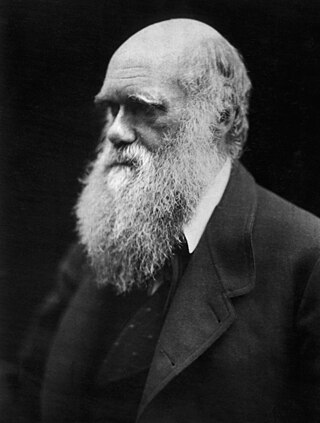
Darwin Day is a celebration to commemorate the birthday of Charles Darwin on 12 February 1809. The day is used to highlight Darwin's contributions to science and to promote science in general. Darwin Day is celebrated around the world.
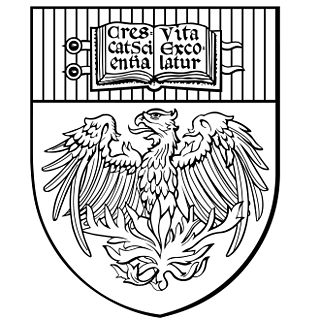
The University of Chicago Press is the largest and one of the oldest university presses in the United States. It is operated by the University of Chicago and publishes a wide variety of academic titles, including The Chicago Manual of Style, numerous academic journals, and advanced monographs in the academic fields.
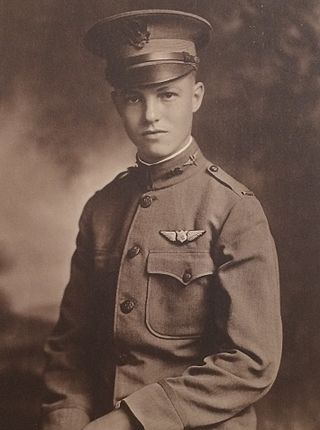
Edwin Henry Wilson was an American Unitarian leader and humanist who helped draft the Humanist Manifesto.

Anton Julius Carlson was a Swedish American physiologist. Carlson was chairman of the Physiology Department at the University of Chicago from 1916 until 1940.
New Humanist is a quarterly magazine, published by the Rationalist Association in the UK, that focuses on culture, news, philosophy, and science from a sceptical perspective.
Kendrick Crosby Frazier was an American science writer and longtime editor of Skeptical Inquirer magazine. He was also a former editor of Science News, author or editor of ten books, and a Fellow of the American Association for the Advancement of Science (AAAS). He was a fellow and a member of the executive council of Committee for Skeptical Inquiry (CSI), an international organization which promotes scientific inquiry.

Rebecca Newberger Goldstein is an American philosopher, novelist, and public intellectual. She has written ten books, both fiction and non-fiction. She holds a Ph.D. in philosophy of science from Princeton University, and is sometimes grouped with novelists such as Richard Powers and Alan Lightman, who create fiction that is knowledgeable of, and sympathetic toward, science.
Arthur Fisher Bentley was an American political scientist and philosopher who worked in the fields of epistemology, logic and linguistics and who contributed to the development of a behavioral methodology of political science.
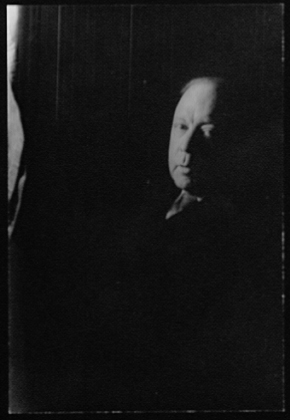
Robert Morss Lovett was an American academic, writer, editor, political activist, and government official.
Robert W. Kates was an American geographer and independent scholar in Trenton, Maine, and University Professor (Emeritus) at Brown University.
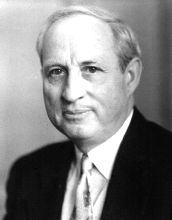
Oscar Riddle was an American biologist. He is known for his research into the pituitary gland and for isolating the hormone prolactin.

The First Universal Races Congress met in 1911 for four days at the University of London as an early effort at anti-racism. Speakers from a number of countries discussed race relations and how to improve them. The congress, with 2,100 attendees, was organised by prominent humanists of that era; it was conceived of a result of comments in 1906 by Felix Adler and primarily executed by Gustav Spiller, a leader in the British Ethical Union. Philip Stanhope was president of the congress, and William Pember Reeves chaired its executive committee.
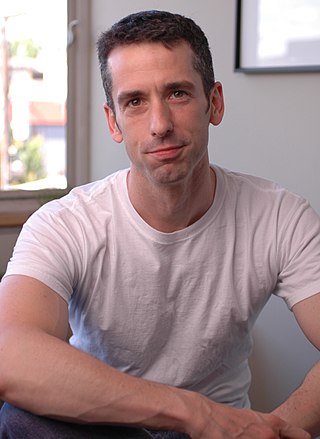
American author Dan Savage has written six books, op-ed pieces in The New York Times, and an advice column on sexual issues in The Stranger. A graduate of the University of Illinois at Urbana–Champaign, Savage began contributing a column, Savage Love, to The Stranger from its inception in 1991. By 1998 his column had a readership of four million. He was Associate Editor at the newspaper from 1991 to 2001, when he became its editor-in-chief, later becoming its editorial director in 2007.
Priscilla Robertson was an American historian, magazine editor, and college professor who had a special interest in European social history, especially women's experiences. She was the editor of The Humanist magazine for several years and taught at both Indiana University and Harvard University.
References
- ↑ Ryan T. Cragun; Lori L. Fazzino; Christel Manning, eds. (November 7, 2017). Organized Secularism in the United States: New Directions in Research. Berlin/Boston: Walter de Gruyter GmbH & Co. p. 65.
- ↑ Martin E. Marty; R. Scott Appleby, eds. (January 5, 1997). Fundamentalisms and Society: Reclaiming the Sciences, the Family, and Education. Chicago: University of Chicago Press. p. 459.